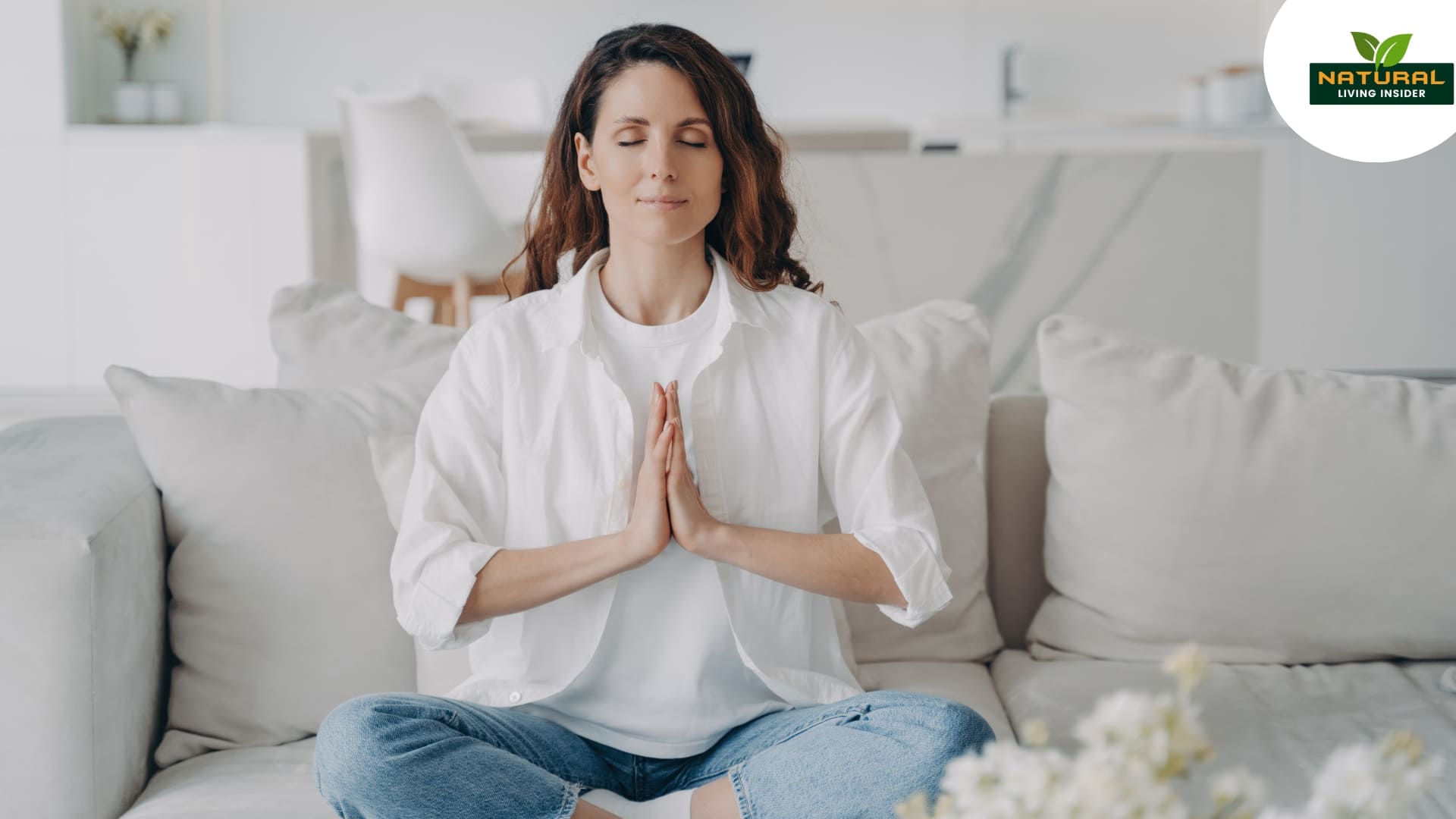
In today’s fast-paced and demanding world, stress and anxiety have become common issues affecting individuals of all ages. From work pressures and financial challenges to family responsibilities and health concerns, modern life can feel overwhelming. Thankfully, natural remedies offer gentle yet powerful solutions for regaining calm and balance. By embracing natural stress relief, herbal remedies for anxiety, mindfulness techniques, relaxation practices, and aromatherapy for calming, you can create a holistic approach to mental and emotional well-being.
Table of Contents
Why Choose Natural Remedies for Stress and Anxiety?
Natural remedies provide a non-invasive, sustainable way to address stress and anxiety without the side effects associated with some medications. They work to align the body and mind, promoting long-term resilience and harmony. Natural solutions can be customized to suit your lifestyle and preferences, offering flexibility and accessibility.
Exploring Natural Stress Relief
Natural stress relief focuses on creating a lifestyle that supports emotional and physical balance. Here are some additional tips to incorporate into your daily routine:
- Daily Hydration: Drinking enough water is crucial for mental clarity and reducing fatigue, a common contributor to stress.
- Regular Exercise: Activities such as walking, swimming, and dancing release feel-good hormones like serotonin and dopamine.
- Digital Detox: Set aside specific times to disconnect from electronic devices to reduce overstimulation.
- Adequate Sleep: Poor sleep exacerbates stress. Establish a calming bedtime routine with herbal teas and minimal screen time.
Small changes like these build a foundation for natural stress relief that works in harmony with your body.
Herbal Remedies for Anxiety
Herbs are powerful allies in combating anxiety. Here are a few additional herbal options and tips for their use:
- Valerian Root: This herb is known for its sedative properties, making it a great choice for managing insomnia caused by anxiety.
- Holy Basil (Tulsi): Widely used in Ayurvedic medicine, tulsi helps regulate cortisol levels and supports the adrenal glands.
- Rhodiola Rosea: An adaptogen that boosts energy while reducing mental fatigue and stress.
- Kava Kava: Traditionally used in Pacific Island cultures, this herb is highly effective in reducing symptoms of social anxiety.
Tip: Incorporate herbs into your daily life through herbal teas, capsules, or extracts. Try blending calming herbs like chamomile, lavender, and passionflower into a soothing nighttime tea.
Mindfulness Techniques for Everyday Use
Mindfulness is more than a practice; it’s a way of life. By training your mind to focus on the present moment, you can minimize worry and overthinking. Here are some extended mindfulness strategies:
- Mindful Walking: Take slow, deliberate steps while paying attention to the sensations in your feet and the sounds around you.
- Visualization Exercises: Close your eyes and imagine a peaceful scene, such as a serene beach or a forest, to calm your mind.
- Mindful Eating: Savor each bite of your meals by focusing on the textures, flavors, and smells, promoting both relaxation and digestion.
- Loving-Kindness Meditation: This involves sending kind thoughts to yourself and others, fostering compassion and reducing stress.
Even 5–10 minutes of mindfulness each day can yield significant benefits over time.
Deepening Relaxation Practices
Relaxation is key to reducing stress and anxiety. Beyond basic techniques, consider incorporating these deeper practices into your routine:
- Tai Chi and Qi Gong: Ancient Chinese practices that combine slow, deliberate movements with breathing exercises to balance the body’s energy.
- Sound Therapy: Use singing bowls, chimes, or binaural beats to create a tranquil environment that supports emotional healing.
- Journaling: Write down your thoughts and feelings to process emotions and gain clarity. Use prompts like, “What am I grateful for today?” or “What can I let go of?”
- Forest Bathing: Immerse yourself in a natural setting, such as a forest, to reduce cortisol levels and restore a sense of peace.
- Pet Therapy: Spending time with pets, like dogs or cats, is a proven way to lower stress and boost oxytocin, the “love hormone.”
Aromatherapy for Calming
Aromatherapy continues to be a popular and effective tool for managing stress and anxiety. Here are additional tips for using essential oils:
- Diffuser Blends: Create calming blends like lavender and cedarwood for relaxation or bergamot and frankincense for emotional balance.
- Portable Aromatherapy: Carry a roller bottle with diluted essential oils like lavender or chamomile to apply on your wrists during stressful moments.
- Steam Inhalation: Add a few drops of essential oil to hot water, cover your head with a towel, and inhale the steam to soothe your mind.
- Massage Therapy: Combine essential oils with carrier oils like coconut or almond for a calming self-massage. Focus on areas prone to tension, like the shoulders and neck.
Essential oils can also be incorporated into bath salts, room sprays, or even DIY candles for an immersive calming experience
Combining Strategies for Maximum Effect
For optimal results, combine several natural remedies into a cohesive routine. For instance:
- Start your morning with a mindfulness meditation and a cup of herbal tea like chamomile or tulsi.
- Use aromatherapy during your workday to maintain focus and calm.
- Engage in light exercise, such as yoga or walking, in the evening.
- End your day with a relaxing bath infused with lavender oil and a gratitude journaling session.
Stress and anxiety don’t have to dominate your life. By embracing natural stress relief, herbal remedies for anxiety, mindfulness techniques, relaxation practices, and aromatherapy for calming, you can reclaim a sense of balance and peace. Remember, the journey toward reducing stress is deeply personal—experiment with different remedies to discover what works best for you. Consistency is key, so commit to nurturing your mind and body daily. Start today, and take a step closer to the calm, fulfilling life you deserve.



